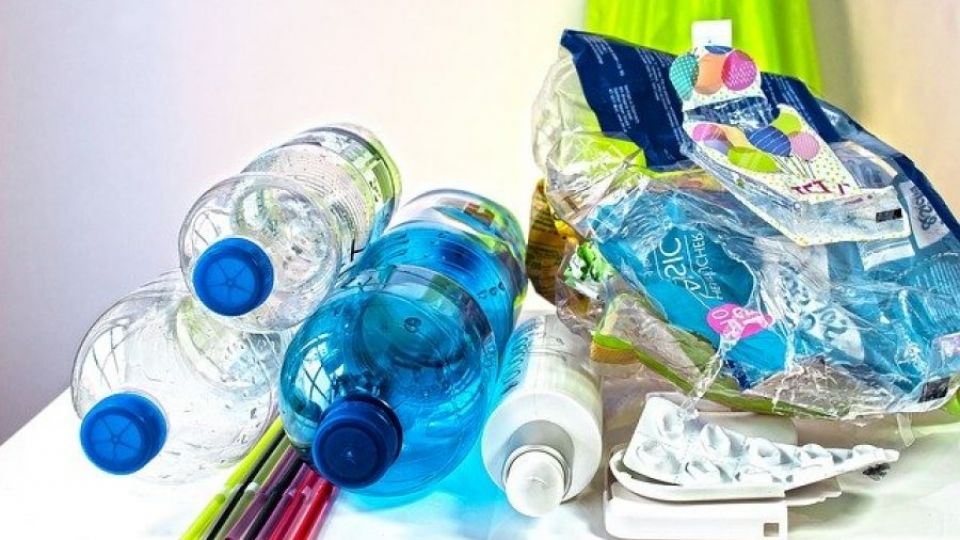At first glance, the miraculous technologies called chemical recycling are actually very far from real recycling. It has been proved they pollute the environment, are disproportionately energy-intensive, and have too many technical shortcomings for practical use. Therefore, chemical recycling is not a viable solution for the planet being flooded with plastic waste. This follows from a recent expert study by the Global Alliance for Incineration Alternatives (GAIA) entitled "Chemical Recycling: Status, Sustainability, and Environmental Impacts". Similar facilities emerging in the Czech Republic, which were mapped by the Arnika association, have not yet shown convincingly that they represent an environmentally friendly alternative for waste management.
"The petrochemical industry and the largest producers of plastic waste are currently investing heavily in chemical recycling, which is said to be able to process all types of plastic waste. However, devices known from all over the world are facing a huge number of technological problems that make it easy to question its environmental safety. The trend has not missed the Czech Republic either, as 26 facilities were or are planned there. With a few exceptions, most of them have not yet been put into operation because of serious shortcomings. Moreover, none of them provide results from the measurement of the most harmful substances, such as dioxins in the outputs," points out Jindřich Petrlík from Arnika.
Toxic trouble painted green
Plastics contain a wide range of toxic ingredients, some of which are prohibited by national law in different countries or by international conventions. These are bisphenol A (BPA), cadmium, benzen, brominated flame retardants, phthalates, lead, tin, antimony, and various types of volatile organic matter. Processing plastics at high temperatures also produces or releases other toxins, such as dioxins, benzene, toluene, formaldehyde, vinyl chloride, hydrogen cyanide, brominated diphenyl ethers, polyaromatic hydrocarbons (PAHs), or tars, which can lead, inter alia, to cancer. According to the authors of the study, measurements have shown that these were found in all chemical recycling products – in pyrolysis oil, generator gas, carbon residue, and air emissions, as well as in ash and liquid waste. Additionally, the removal of toxic substances from chemical recycling products is extremely difficult and expensive and generates additional toxic waste streams. In any case, it cannot be argued that the proposed technologies do not produce toxic substances without any measurement.
Rather incineration than actual recycling
New plastic is only a very small part of the chemical recycling products. Most existing plants burn their products or offer them as fuel. In no way does the technology have a place in the circular economy, because it does not replace the production of new plastics from fossil fuels and does not reduce the demand for crude oil extraction.
Huge energy user with a large carbon footprint
None of the existing chemical recycling facilities in the world produce enough energy for their operation and this is unlikely to change in the next few decades. Even more energy is needed to produce new plastics – to produce plastics from a tonne of fossil fuels, another tonne of fossil fuels is needed as a source of energy for that. In addition to direct greenhouse gas emissions from the chemical recycling process and the incineration of its products, chemical recycling further exacerbates climate change by contributing to the continuation of fossil fuel extraction for the production of plastics.
"Chemical recycling can only work if the production of toxic substances and the production of new plastics from crude oil are drastically reduced. So far, commercial plants operate only rarely and they face many problems, which make them economically disadvantageous. Mechanical recycling thus remains a proven alternative that produces fewer toxic substances and has a lower carbon footprint. In the future, however, we should rather invest in solutions leading to zero-waste strategies, which focus on reducing the production and consumption of plastics," concludes Petrlík.
Map of the planned facilities using chemical recycling or similar technologies in the Czech Republic:

The project was supported by the OSF Foundation under the Active Citizens Fund program, which aims to support civil society and strengthen the capacity of non-profit organizations. The program is funded by the EEA and Norway Grants.







